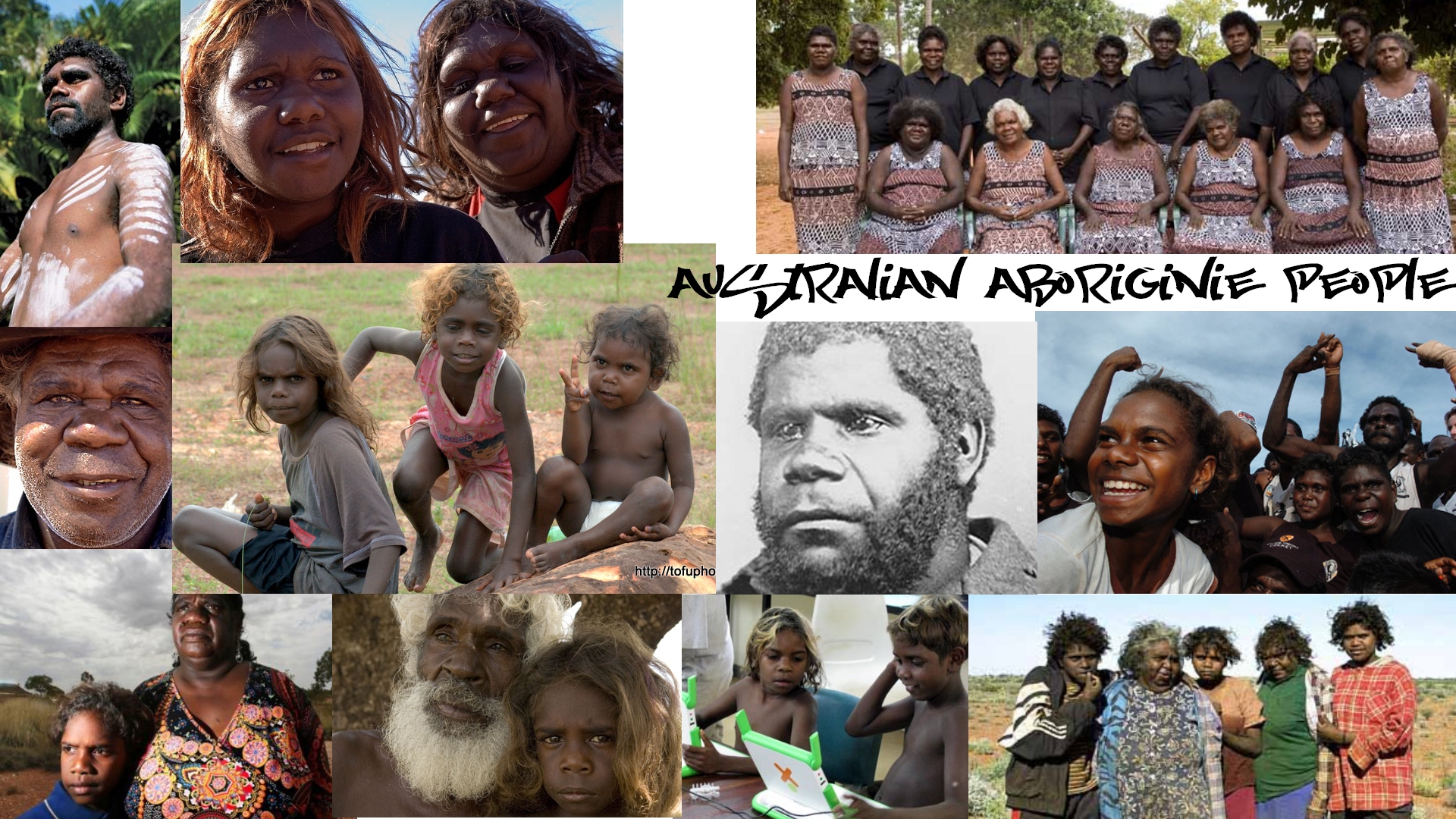Unmasking the Mystery: A Deep Dive into Aboriginal Australian Surnames
Unmasking the Mystery: A Deep Dive into Aboriginal Australian Surnames

The tapestry of Australian history is intricately woven with the stories of its First Nations people, the Aboriginal Australians. Their rich cultural heritage, spanning tens of thousands of years, has been shaped by diverse languages, traditions, and unique kinship systems. Yet, for many, understanding the complexities of Aboriginal Australian surnames remains a puzzle. This article aims to unravel the mystery behind these names, exploring their origins, significance, and the impact of colonization on their evolution.
From the Land to the Surname: The Pre-Colonial Landscape
Related Articles: Unmasking the Mystery: A Deep Dive into Aboriginal Australian Surnames
- The Language Of Oz: Unraveling The Official Language Of Australia
- A Journey Through Meaning: Exploring Indigenous Boys Names In Australia
- Unmasking The Past: A Journey Through The Historical Significance Of Aboriginal Australian Names
- A Symphony Of Feathers And Tradition: Exploring The Deep Connection Between Indigenous Peoples And Birds
- Unraveling The Secrets: A Journey Into The World Of Aboriginal Treasure Maps
Before European colonization, Aboriginal Australians did not have surnames in the Western sense. Their identity was intricately tied to their land, kinship, and clan. Names were often bestowed based on:
- Totemic affiliation: Many Aboriginal communities were organized around totemic systems, where individuals were associated with a particular animal, plant, or natural phenomenon. These totems played a significant role in defining identity and kinship ties.
- Personal characteristics: Names could reflect physical attributes, personality traits, or notable events in a person’s life. These names often carried profound meaning and were bestowed with care and respect.
- Family lineage: Names could also be passed down through generations, reflecting the importance of ancestry and lineage within Aboriginal communities.
The Colonial Impact: A Shift in Identity
The arrival of Europeans in Australia in the late 18th century brought about a profound shift in the lives of Aboriginal people. The colonial administration, driven by a desire to control and assimilate Indigenous populations, introduced a system of surnames that often stripped away their cultural identity.

The Process of Surname Assignment:
- Arbitrary allocation: Surnames were often assigned arbitrarily by colonial officials, with little regard for Aboriginal traditions or personal preferences. These names were frequently taken from the surrounding landscape, local flora and fauna, or even the official’s own whims.
- Translation of Aboriginal names: In some cases, Aboriginal names were translated into English, often resulting in distorted and inaccurate representations of their original meaning.
- Adoption of European surnames: Some Aboriginal people were forced to adopt European surnames, often those of their colonial employers or overseers. This further eroded their connection to their ancestral names and cultural heritage.

The Lasting Legacy: A Complex Reality
The impact of colonization on Aboriginal Australian surnames has been profound and long-lasting. Many Aboriginal people today carry surnames that bear little resemblance to their ancestral names or cultural identity. This disconnect has contributed to a sense of alienation and dispossession for many.
Challenges in Tracing Ancestry:
- Lost records: The systematic destruction of Aboriginal records and the lack of proper documentation during the colonial era have made it incredibly difficult for many Aboriginal people to trace their lineage and understand their ancestral names.
- Cultural gaps: The disconnect between Western surname systems and Aboriginal traditions has created a barrier to understanding the true significance of names within Aboriginal communities.

Moving Forward: Reclaiming Identity
Despite the challenges, there is a growing movement among Aboriginal Australians to reclaim their ancestral names and reconnect with their cultural heritage. This movement involves:
- Research and documentation: Organizations and individuals are working tirelessly to uncover and preserve Aboriginal records, enabling people to trace their lineage and understand the history of their surnames.
- Cultural education: Initiatives are being implemented to educate the wider Australian community about the significance of Aboriginal names and the impact of colonization on their evolution.
- Community engagement: Aboriginal communities are actively working to reclaim their cultural identity through language revitalization, storytelling, and the celebration of their unique traditions.
The Future of Aboriginal Surnames:
The journey towards reclaiming Aboriginal names and cultural identity is ongoing. It requires continued effort from all Australians to understand the historical context, recognize the impact of colonization, and support the efforts of Indigenous communities to preserve their heritage.
Beyond the Surname: A Deeper Understanding
While surnames provide a glimpse into the complexities of Aboriginal Australian identity, it’s essential to remember that they are just one piece of the puzzle. Understanding the rich cultural heritage, diverse languages, and unique kinship systems of Aboriginal communities is crucial to fostering a deeper appreciation and respect for their history and traditions.
FAQ: Aboriginal Australian Surnames
Q: Why do Aboriginal Australians have European surnames?
A: European surnames were assigned to Aboriginal people during the colonial era, often arbitrarily or through translation, as part of a broader effort to assimilate and control Indigenous populations.
Q: Can I find my Aboriginal ancestors’ names?
A: Tracing Aboriginal ancestry can be challenging due to the loss of records and the disconnect between Western surname systems and Aboriginal traditions. However, organizations and individuals are working to uncover and preserve Aboriginal records, making it possible for some to trace their lineage.
Q: What is the significance of Aboriginal names?
A: Aboriginal names often reflect totemic affiliation, personal characteristics, or family lineage, carrying profound meaning within their communities.
Q: How can I support the efforts to reclaim Aboriginal names?
A: You can support by learning about the history of Aboriginal names, engaging with Indigenous communities, and advocating for cultural education and the preservation of Aboriginal heritage.
Conclusion:
The story of Aboriginal Australian surnames is a testament to the resilience and strength of First Nations people. While the impact of colonization has left an indelible mark, their journey to reclaim their identity and cultural heritage is a powerful reminder of the importance of preserving history, honoring traditions, and fostering a deeper understanding of Australia’s diverse cultural landscape.

Closure
Thus, we hope this article has provided valuable insights into Unmasking the Mystery: A Deep Dive into Aboriginal Australian Surnames. We thank you for taking the time to read this article. See you in our next article!


